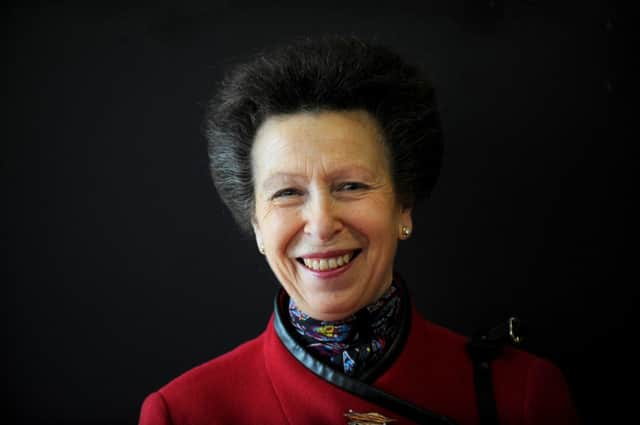Moredun works to raise global profile


Nigel Millar may currently be better known as the president of NFU Scotland battling to achieve a good common agricultural policy outcome for Scottish agriculture, but, speaking in front of over 100 delegates from the agricultural, veterinary and research sectors at the Moredun, he used his professional qualification as a vet to stress the importance of healthy livestock as part of a wider campaign dealing with climate change.
Cattle and sheep carrying any parasitic or disease burden were, he pointed, out far less efficient converters of food thus added to climate change problems. Using the explosion in liver fluke problems in the wet 2012 autumn as an example, he added that the industry was now dealing with different disease patterns.
Advertisement
Hide AdAdvertisement
Hide AdAs such it needed the combined efforts of a number of agencies in finding answers to problems that arose. His contribution chimed in with the project headed by Beth Wells of Moredun, where a whole catchment area of the Cairngorm National Park is being used to identify links between the Cryptosporidium bugs which cause gastro intestinal illnesses in humans and livestock.
Speaking at the same event, the deputy chief vet in Scotland, Colin Macaldowie, highlighted the threat of diseases being transmitted across countries, in particular African swine fever which has been confirmed in several eastern European countries.
Moredun’s international reputation was also confirmed this week, with the Princess Royal officially launching the International Knowledge Transfer and Exchange (KTE) hub for livestock health and welfare.
It’s aim is to facilitate collaborative research projects, workshops, research placements, staff exchanges and the use of new communication technologies to share knowledge about the prevention and control of livestock disease.
Professor Julie Fitzpatrick, scientific director and chief executive of Moredun said: “Scotland may be a relatively small country, but it makes a real impact in innovative research and its translation into practice.
“We need to ensure that food-producing species are biologically efficient and have optimal health and welfare.
“Disease risks and transmission vary with weather and climate, and Moredun has a key role to play in dealing with disease.”